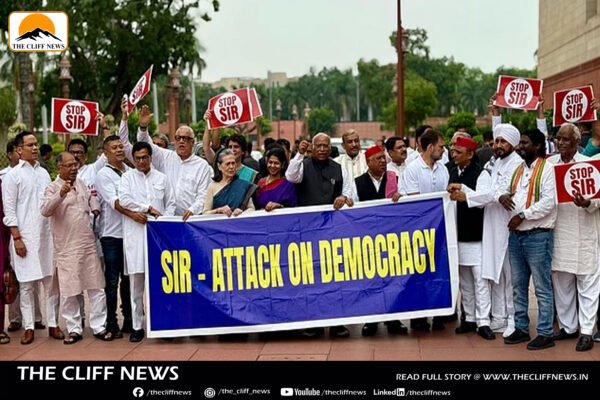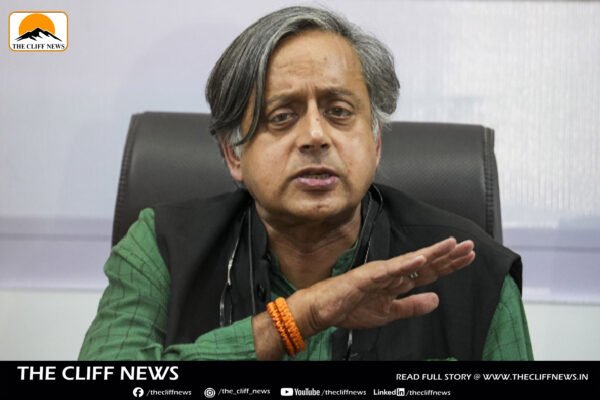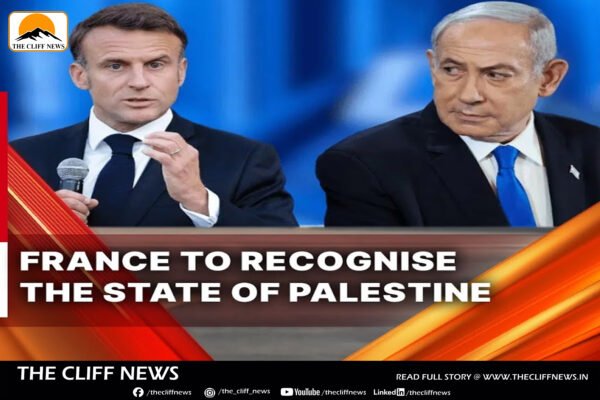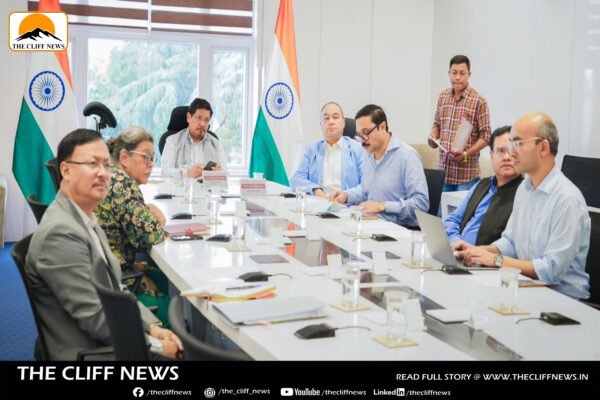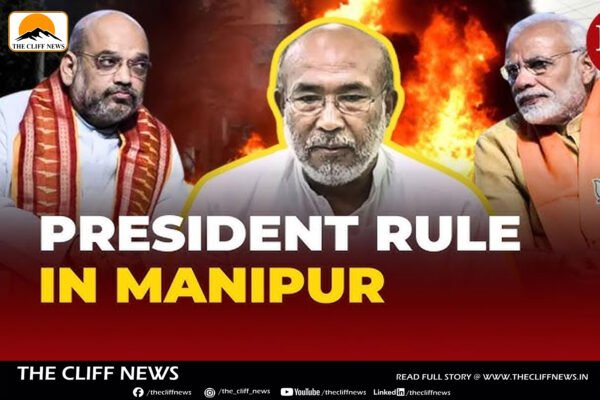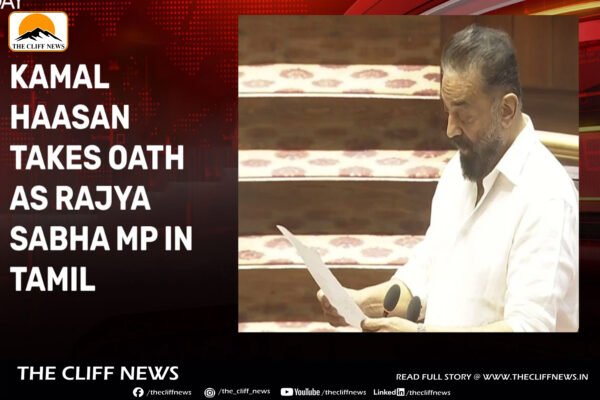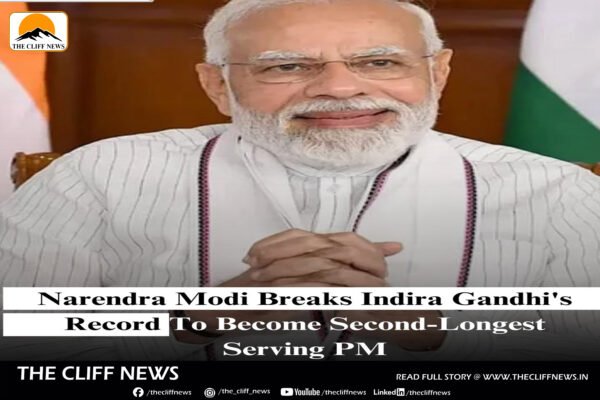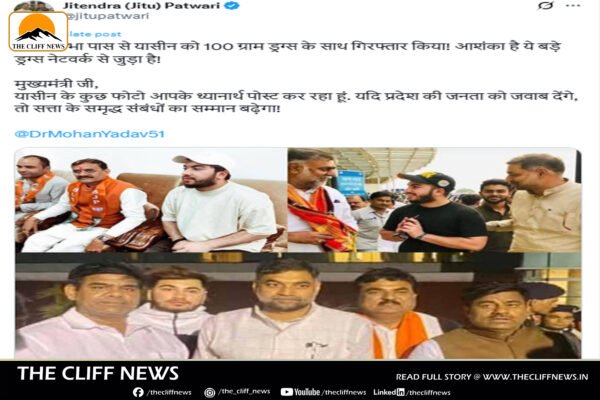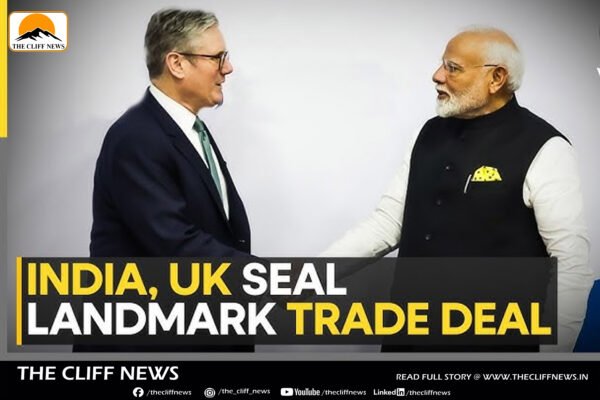Opposition MPs Protest Against Voter Roll Revision in Bihar, Demand Rollback of SIR
On Monday, July 28, 2025, several Members of Parliament from the INDIA bloc, including Congress president Mallikarjun Kharge and Congress Parliamentary Party chairperson Sonia Gandhi, staged a protest in the Parliament House complex against the Election Commission’s Special Intensive Revision (SIR) of the electoral rolls in Bihar. The leaders called for an immediate rollback of the revision exercise, which they allege is aimed at disenfranchising voters ahead of the upcoming Assembly elections in the state. Ahead of the day’s parliamentary proceedings, top Opposition leaders — including Sonia Gandhi, Mallikarjun Kharge, Leader of Opposition in the Lok Sabha Rahul Gandhi, Congress general secretary Priyanka Gandhi Vadra, Samajwadi Party chief Akhilesh Yadav, TMC leaders Derek O’Brien and Sagarika Ghose, and DMK MPs Kanimozhi and A. Raja — gathered near the Makar Dwar steps of Parliament and raised slogans against the EC’s move. Holding placards that read “Stop SIR”, and standing in front of a large banner proclaiming “SIR – Attack on Democracy”, MPs from Congress, DMK, TMC, Samajwadi Party, RJD, and Left parties marked the fifth consecutive day of protest on the issue. The Opposition has been vocal in both the Lok Sabha and Rajya Sabha, demanding a full discussion on the Special Intensive Revision process. They argue that the EC’s actions could lead to targeted voter suppression in Bihar. On Friday, July 25, Kharge, Rahul Gandhi, and other INDIA bloc MPs had organized an unusual demonstration by tearing posters marked with “SIR” and placing them into a symbolic “disposal bin.” They also carried out a protest march within the Parliament complex, reiterating their demands for a rollback of the revision and a debate in both Houses.
